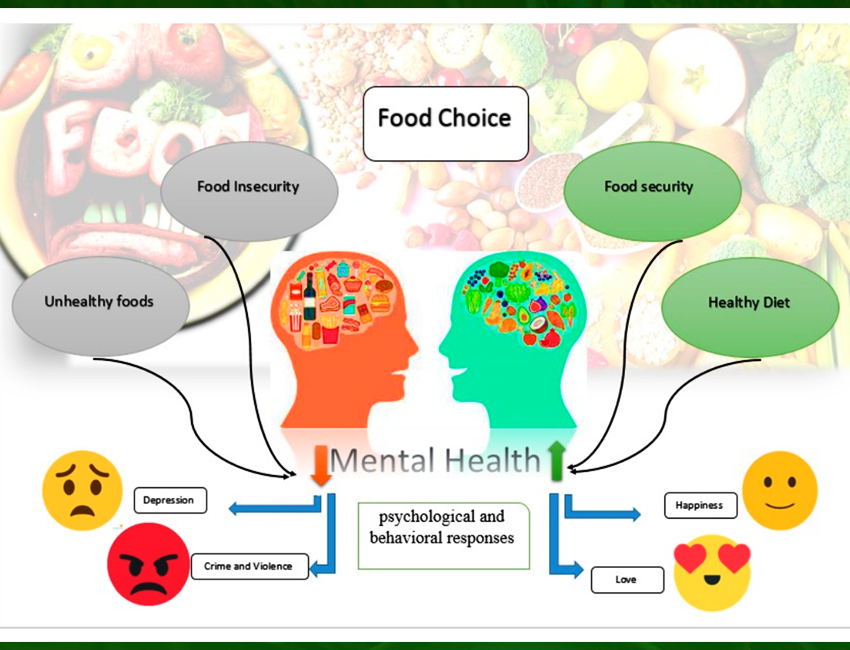Diet and Behaviour
Your Food, Mood and Behaviour are Linked.
Part of a healthy and productive work culture, or any culture is a healthy attitude toward food and breaks.
Meal times are important as they fuel our energy, help us to manage our stress, allow us social time which fosters conversation, bonding and relationship building by establishing trust as well confidence. Food supports our sleep and decision making and impacts the way we communicate alongside other factors.
Culture is set by habits and beliefs, these habits and beliefs are reflected in behaviour, decision making and communication further compounding the habit and belief cycle.
Our beliefs and habits around food and nutrition fuel our behaviour which impacts how we think, feel and communicate. People who sell diets often create a culture around their idea which people buy into with a belief before acting upon and buying into that through behaviour. This goes on to impact thought and habit, and the way a person sees things outside that diet culture now they are invested. This is a high steaks investment- when challenged may result in defensive behaviours, because people do not feel safe in confronting their belief system in a negative way. Or more simply put- they are scared that they may have been wrong which can have disastrous mental health consequences leading people to lose trust and confidence in themselves and the world around them.
Diets that lead to mood dysregulation but result in weight loss are a good example of a bought in belief system for good reason that when challenged holds a lot of fear and insecurity.
This is the same when we trade meal times for busyness, reasoning that it’s ok for whatever reason one can make up in their head, weight loss usually being the more common one.
If this becomes the belief system that forms a habit, and becomes a cultural behaviour then a business could end up with a workplace full of people using passive-aggressive communications as a result of hangry workers. This may further festers into overall employee well-being and people taking time off, needing mediation and leading to potential high staff turnover costing a business a lot more than an investment in a functional and human approach to employees being able to meet their basic needs. Regular meal skipping will affect energy, stress, mood regulation, sleep, and eventually overall personal health.
The minimum intervention requirement here would be a properly facilitated lunch break away from the working desk. Going that extra mile to facilitate this as a cultural well-being and employee appreciation exercise would be to include proper lunch time facilities and break schedules allowing for a social aspect around meal times for daily team bonding. This will support relationship building, reduced sick pay, and lowering staff turnover all saving a business thousands in revenue with very little, if any upfront investment.
If you want to go the extra mile to facilitate this in your workplace get in touch and we can help you build a healthy inclusive nutrition-driven meal and break time strategy to help you and your employee’s build a lasting productive work environment.
Download our Wellbeing Toolkit or look into our workshops
I hope you enjoyed this article and took some useable knowledge from .Please leave a comment, press the heart button and share it to help more people take control of their health, well-being and fitness.


